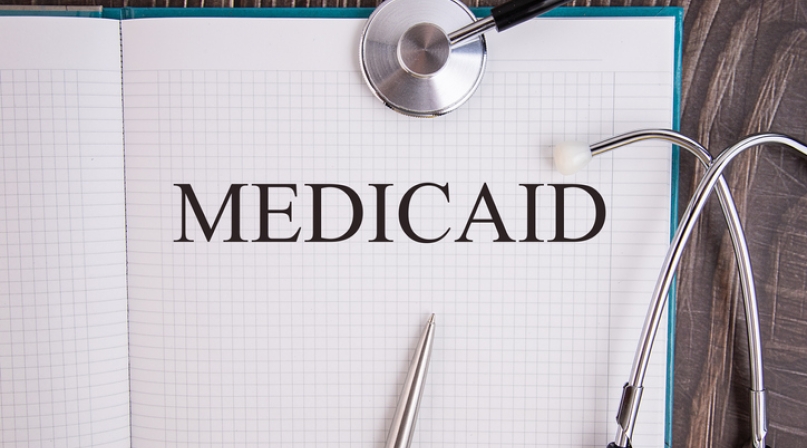CMS awards new funding to support rural health care and mobile crisis intervention in September
Author

Blaire Bryant
Upcoming Events
Related News

Key Takeaways
On September 20, the Centers for Medicare and Medicaid Services (CMS) announced it was awarding new funding to support rural health care access and innovation and the expansion of mobile crisis intervention services. As frontline providers of health and mental health services, these funding opportunities are of great of significance to counties.
New Mobile Crisis Intervention Funding: CMS awarded $15 million in planning grants to 20 states to assist them with integrating community-based mobile crisis intervention services into their Medicaid programs. Specifically, the grant funding, which was authorized under the American Rescue Plan Act of 2021, will be used to conduct community assessments and develop programs that provide services to individuals experiencing crises related to substance use or a mental health disorder. States that receive planning grants may submit a state plan amendment, Section 1115 Demonstration Application, or other waiver requests to provide these services under their Medicaid program.
Crisis intervention services are a critical tool to reducing the number of individuals with behavioral and mental disorders in the justice system while also increasing the availability of services in local communities, and Medicaid provides a sustainable mechanism for this type of care delivery. While counties are not direct recipients of the CMS planning grants, county health, behavioral health and justice entities can participate in crisis intervention service partnerships that are Medicaid funded. Click here to view the list of award recipients.
Community Health Access and Rural Transformation (CHART): CMS awarded cooperative agreement funding to health care entities in four states – Alabama, South Dakota, Texas and Washington – that participate in the CHART Medicaid Innovation Model. Developed in 2020, the CHART model aims to address disparities in health care service access and lagging technological and care-delivery innovations in rural communities, which have led to poor health outcomes for individuals, especially during the ongoing COVID-19 pandemic. Under the CHART Model, the Community Transformation Track provides direct funding to rural communities for these efforts. Beyond direct funding, the Track also provides operational and regulatory flexibilities for recipients that include the expansion of telehealth across a variety of health care facilities, incentives for chronic disease management programs and expansion of home visiting services.
Although counties are not eligible to receive direct funding, grants are awarded to 15 single-entity organizations that must represent at least one federally designated rural county. These entities may include state Medicaid agencies, State Offices of Rural Health, local public health departments, Independent Practice Associations and Academic Medical Centers.
The use of federal Medicaid dollars for the expansion of services and health care innovation is important to counties, as both administrators of Medicaid-eligible services and an integral part of the federal-state-local partnership for the program. For more information on the mobile crisis intervention planning grant program, click here. For more information on the CHART innovation model, click here.
Additional Resources
- Medicaid and Counties: Understanding the Program and Why It Matters to Counties (NACo Report)
- Joint Report: Certified Community Behavioral Health Clinics and County Governments (NACo and the National Council for Mental Wellbeing)
Resource
Medicaid and Counties: Understanding the Program and Why It Matters to Counties

Related News

HHS Secretary Kennedy touts fixes for obesity, chronic illness, mental health issues
Counties can help improve health outcomes by prioritizing prevention over treatment, Robert F. Kennedy Jr., secretary of the U.S. Department of Health and Human Services told NACo Legislative Conference attendees.

Drug tracking software helps counties identify trends, save lives
Florida counties are using an artificial intelligence tool called Drug TRAC to track and report drug trends, with the aim of providing quicker outreach and saving lives.

White House Executive Order establishes national substance use disorder response
On January 29, the White House issued an Executive Order (EO) establishing the Great American Recovery Initiative, a new federal effort aimed at coordinating a national response to substance use disorder (SUD).